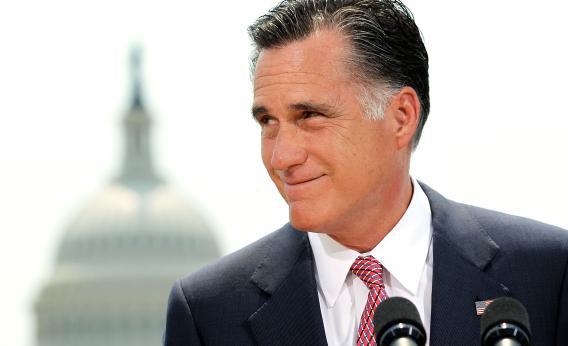Now that the conventional wisdom is coming around to the idea that attacks on Mitt Romney’s record at Bain Capital are working, I thought I’d re-up my piece on this from back when it became an issue in the GOP primary.
I wrote then that there were really two different arguments happening. One was about public policy, and in the case of Newt Gingrich as the attacker, it was totally lame. The Obama campaign has devised a slightly less totally lame policy argument that hinges on a disagreement about how to treat foreign profits under the corporate income tax code. But I wrote then that the real argument is about character:
All that said, while I’m happy to defend the layoff business as a legitimate and even useful element of a dynamic modern economy, I’m sure glad it’s not my job. Normal people, if put in a position where layoffs are necessary, find them to be emotionally arduous in the extreme. I wouldn’t want to be the guy who takes over companies and shuts down operations for a living, and I don’t think I’d want to be friends with that guy. It seems like a job only an emotionally unbalanced jerk would want, hence Up in the Air. A major innovator such as Apple does end up causing layoffs at rival firms. But no one at Apple ever has to feel responsible for those layoffs. To walk into a dying factory or doomed corporate office and actually fire people, you need to be pretty callous.
So one question is simply whether that’s the kind of disposition people want in a president. Maybe it is. Maybe Obama’s too soft to make the tough calls? But maybe the market economy is a cold and unfeeling place full of Mitt Romneys, and we want a public sector driven by compassion to temper it. After all, not everyone is as fortunate in business as Mitt Romney.
More recently it occurs to me that a third point about launching attacks on Bain is to challenge Romney to say a bit more clearly what it is about his business experience that qualifies him to be president. He says that this background is important, but he rarely explains exactly why. To the extent that Romney can persuade people that Bain’s success was mostly about taking existing institutions and running them better, that makes perfect sense. To the extent that Obama can persuade people that actually leverage buyout profits mostly come through the sort of tactics detailed by Andrei Shleifer and Lawrence Summers in “Breach of Trust in Hostile Takeovers” (basically screwing people over by finding legal ways to break tacit agreements), then it makes less sense.
